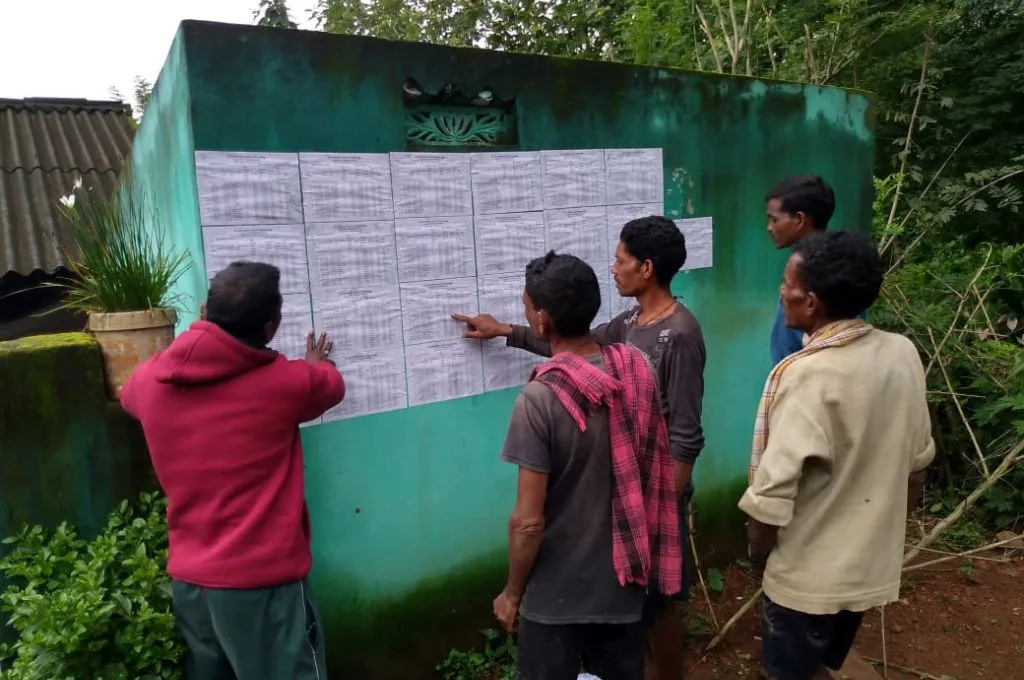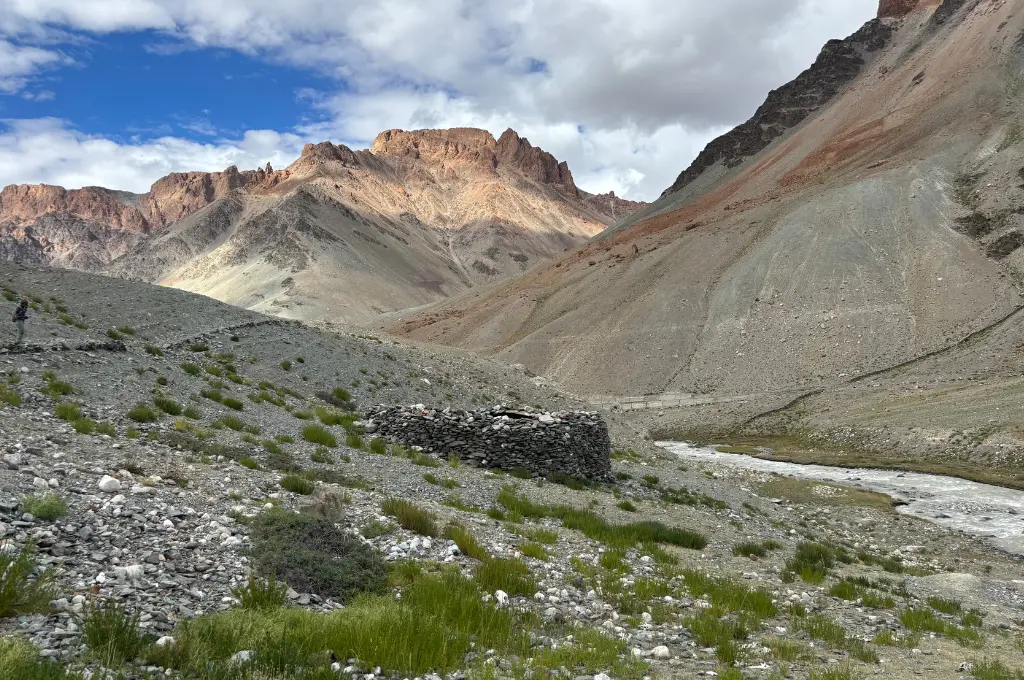Disconnected and in the dark
The most remote parts of rural India were the last to receive information about the nationwide lockdown. Kamla Devi, an Adivasi woman from Baroliya, in Udaipur district’s Salumbar tehsil says, “You people from the cities have mobile phones, TVs, and computers. You get to know things as they happen. There is, however, no one in the village to inform us. We have no information about what is happening, but we are very troubled by all this.”
Only when Kamla Devi’s husband, a daily wage worker who travels 85 km every day to the city to find work, was lathi charged and sent home from Udaipur, did they find out about the lockdown. The government’s poor communication mechanism left many in rural areas unprepared for the upcoming crisis. With no means to store perishable items or stock up things, these families are finding themselves in insurmountable distress.
Kamla Devi is a leader of an Ujala samooh (women’s solidarity group) in Baroliya, Udaipur district. Drishti Agarwal is a programme executive at Aajeevika Bureau.



